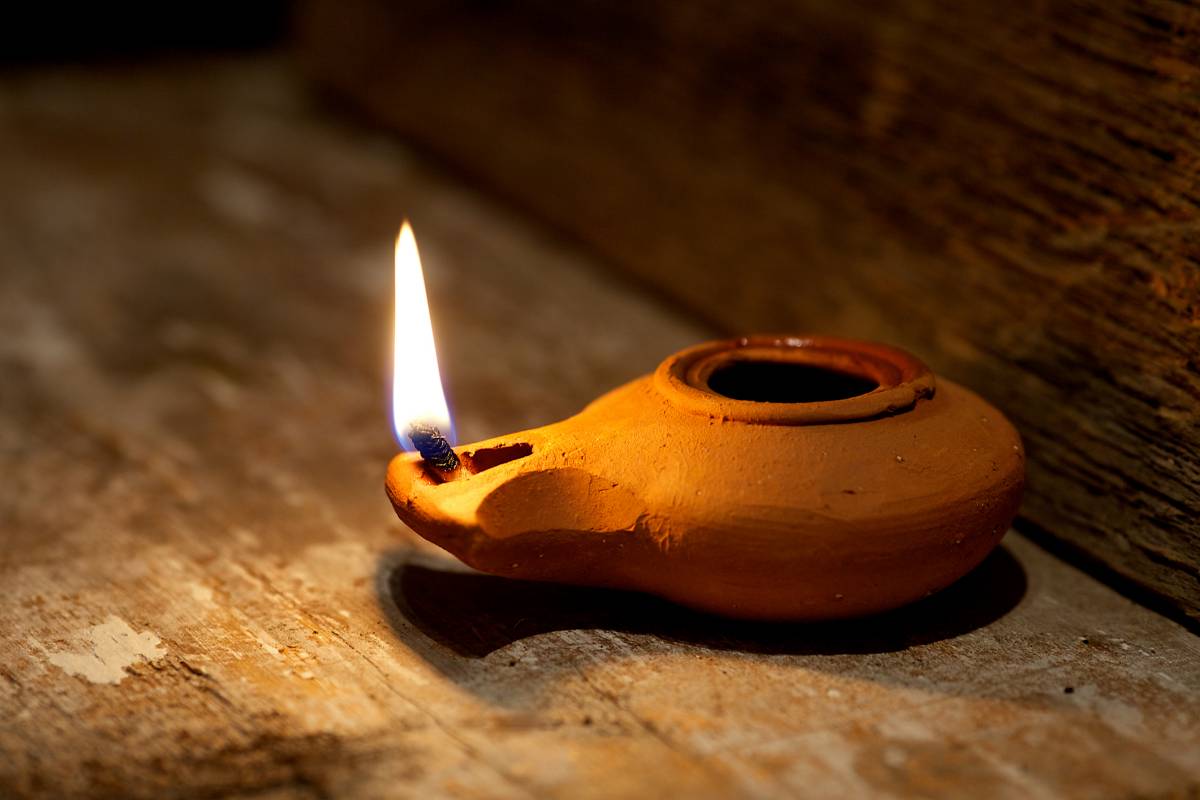Faith in God is neither irrational nor unreasonable. It is a matter that is consistent with our intellect and understanding. In faith, the human intellect and will cooperate with divine grace. Thomas Aquinas tells us: “Believing is an act of the intellect assenting to the divine truth by command of the will moved by God through grace.” We believe in the revealed truth of the scriptures not simply because they are, in the light of our own human reason, intelligible, but because they have the authority of God himself who reveals them, who can neither deceive nor be deceived. Because we are human, the act of faith must be a free act, it cannot be forced against one’s will. To have faith in God is, by its very nature, then, a free act.

The psalmist expresses his faith in God in very human terms. He recognizes that without grace, we have only our own limited, individual powers to rely on. To rely on our own powers alone, we are to rely on a frail and inconsistent reality that too easily gives way to lesser things and ultimately falls short of our hopes and dreams. But having faith in God, we put our trust in a hidden yet very sound reality, one that is always faithful and powerful. Through faith, we become stronger than we ever imagined, because God, who is eternally faithful, generously gives us the grace we need to do his will in and through our lives. In this sense, then, we can see that faith sinks its roots deeply into the soil of humility. This humility arises from the light of reason in the recognition that God is God and we are not.
Faith is an entirely free gift from God to those who are humble enough to receive it freely and willingly. But because it is an active, not a passive virtue, it can also be lost if we do not continually and purposefully nourish it with the word of God and by developing an active, daily prayer life, where we continually open ourselves, hearts, and minds to God, asking that he increase our faith throughout our entire lives. In that sense, we echo the words of the father in Mark’s Gospel who comes to Jesus asking that his son might be healed of a demonic possession, who said to Jesus, “I do believe; help my unbelief” (Mk. 9:24). This is a perfect prayer from a humble heart. And we can believe that the Lord’s response to such a request will be as generous and sure as his response to that father in healing his son.

Humility is, clearly, closely linked to faith. Faith increases in those who are truly humble. If we are truly honest with ourselves, we realize that, in our human frailty, we can never do enough for God, but that he can do everything and anything for us. Without God, we are weak; with him, we can be strengthened in all that we do. Having faith and trust in God’s love for us allows God to do great things in and through us for others. Yes, even miracles. In faith, we too can say, with the psalmist: “You, O Lord, are my lamp, my God who lightens my darkness. With you I can break through any barrier, with my God I can scale any wall” (Ps. 18: 28-29).
Our faith increases when we are willing “to bear our share of hardship for the Gospel with the strength that comes from God” (2 Tim. 1: 8). In this vein, then, let us always pray for an increase in our faith. When our faith seems to be faltering, when we are filled with doubt and confusion, when we feel threatened by forces beyond our strength, we ask you, Lord, to increase our faith so that we might be your good and faithful servants in all that we say and do. We pray these things with confidence in your most holy name, Jesus. Amen.
SKM: below-content placeholderWhizzco for FHB

